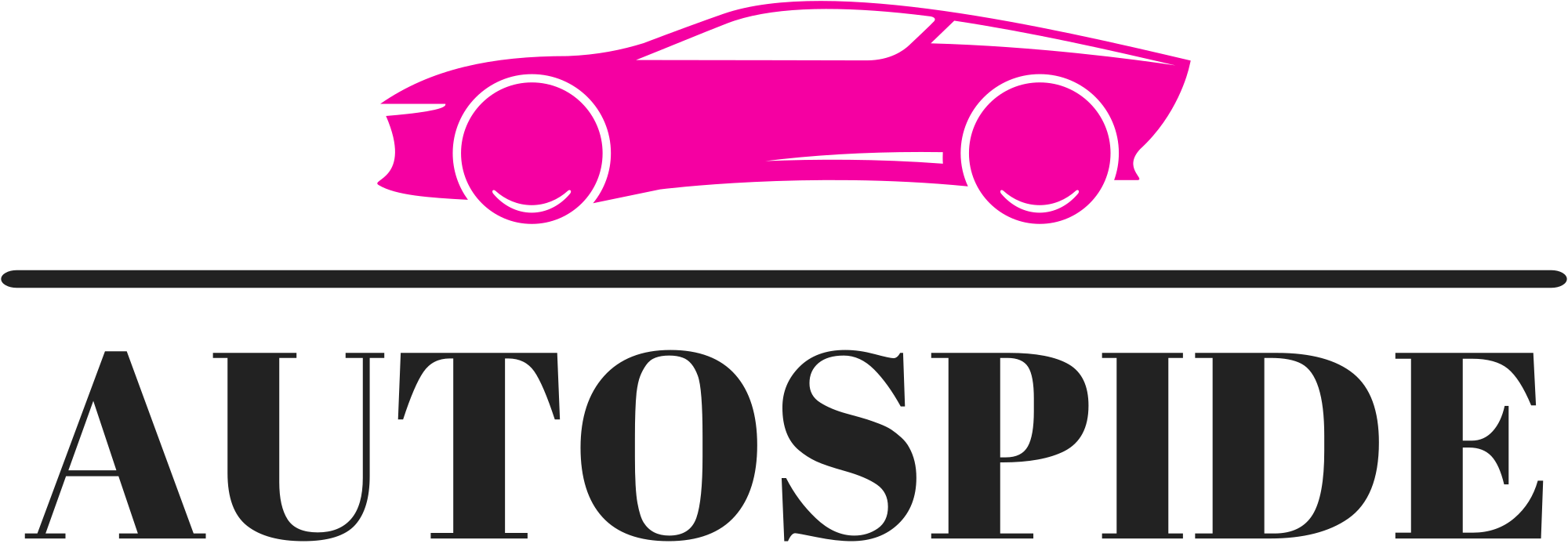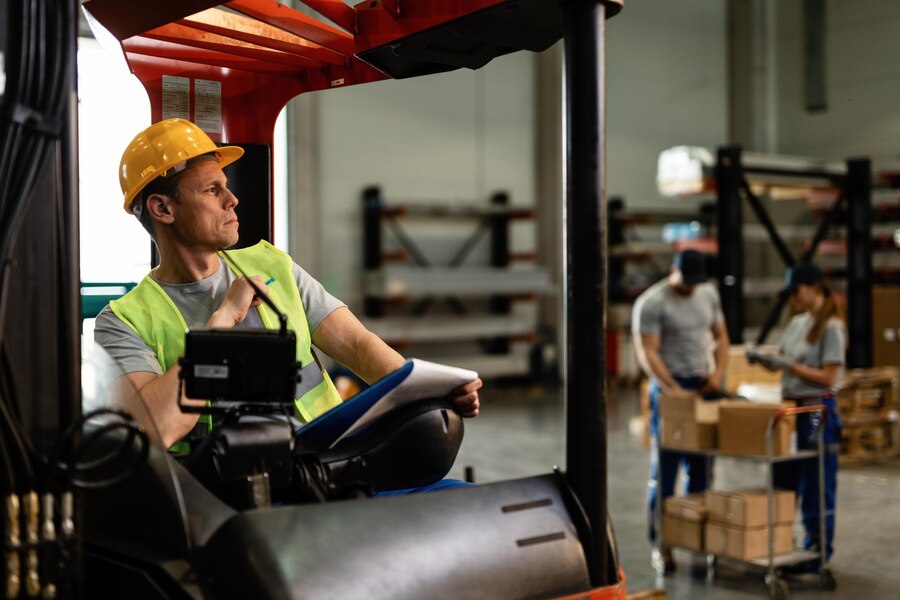In industrial operations, the safe and efficient use of forklifts is paramount to the success of businesses. Recognising the need for skilled operators, modified forklift programs have emerged to equip drivers with the knowledge and expertise necessary to steer complex work environments with ease. Such a specialised forklift course goes beyond basic instruction, offering comprehensive insights and practical skills that streamline operations and promote workplace efficiency. In this article, you’ll explore how modified forklift courses contribute to smooth and efficient operations in industrial settings.
Modified forklift courses are designed to meet the diverse requirements and challenges of different industries and work environments. Unlike generic training programs, these courses offer customised curricula that address the unique requirements of various sectors, such as manufacturing, warehousing, construction, and logistics. By focusing on industry-specific scenarios and applications, modified programs provide drivers with relevant skills and knowledge that directly translate into improved performance and efficiency on the job.
One of the key features of modified courses is hands-on training, which allows drivers to practise their skills in real-world scenarios under the guidance of experienced instructors. This practical approach enables participants to familiarise themselves with different types of forklifts, equipment controls, and operational techniques in a controlled environment. By gaining hands-on experience, drivers develop confidence in their abilities and learn how to helm challenges efficiently, leading to smoother and more productive operations.
Safety is the utmost priority in any workplace, especially where heavy machinery such as forklifts is involved. Modified forklift courses place a strong emphasis on safety protocols, hazard awareness, and risk mitigation strategies to ensure the well-being of drivers and bystanders. Participants learn how to identify potential hazards, perform pre-operation inspections, and respond effectively to emergencies, minimising the risk of multiple accidents and injuries in the workplace. By prioritising safety, such programs contribute to a culture of compliance and accountability that enhances overall operational efficiency.
In addition to basic forklift operation, these courses often cover advanced techniques and best practices that optimise performance and efficiency. These may include load-handling strategies, manoeuvring in confined spaces, and efficient pallet-stacking methods. By mastering advanced techniques, drivers can work more effectively, minimise downtime, and maximise productivity in their day-to-day tasks. The acquisition of these skills not only benefits drivers but also contributes to the overall efficiency of operations within the organisation.
Different industries may utilise a variety of forklift models and attachments to meet their specific needs. Forklift courses include equipment familiarisation modules that introduce drivers to the various types of forklifts and attachments commonly used in their industry. Participants learn how to operate specialised equipment safely and efficiently, ensuring they can easily adapt to different work environments and tasks. By becoming familiar with various equipment options, drivers are better equipped to handle diverse operational requirements, contributing to smoother and more versatile operations.
Modified forklift courses promote a culture of continuous improvement among drivers and organisations. Through ongoing training and skills development initiatives, drivers have the opportunity to refine their abilities, stay updated on various industry practices, and adapt to evolving technologies and regulations. By investing in the professional development of their workforce, organisations can optimise operational efficiency, minimise costs, and keep a competitive edge in the marketplace.
A modified forklift course is vital in promoting smooth and efficient operations in industrial settings. By offering customised curricula, hands-on training, and a focus on safety, these courses equip drivers with the skills and knowledge necessary to steer complex work environments confidently and proficiently. With a strong emphasis on advanced techniques, equipment familiarisation, and continuous improvement, modified courses empower drivers to optimise performance, enhance productivity, and contribute to the overall success of their organisations.


